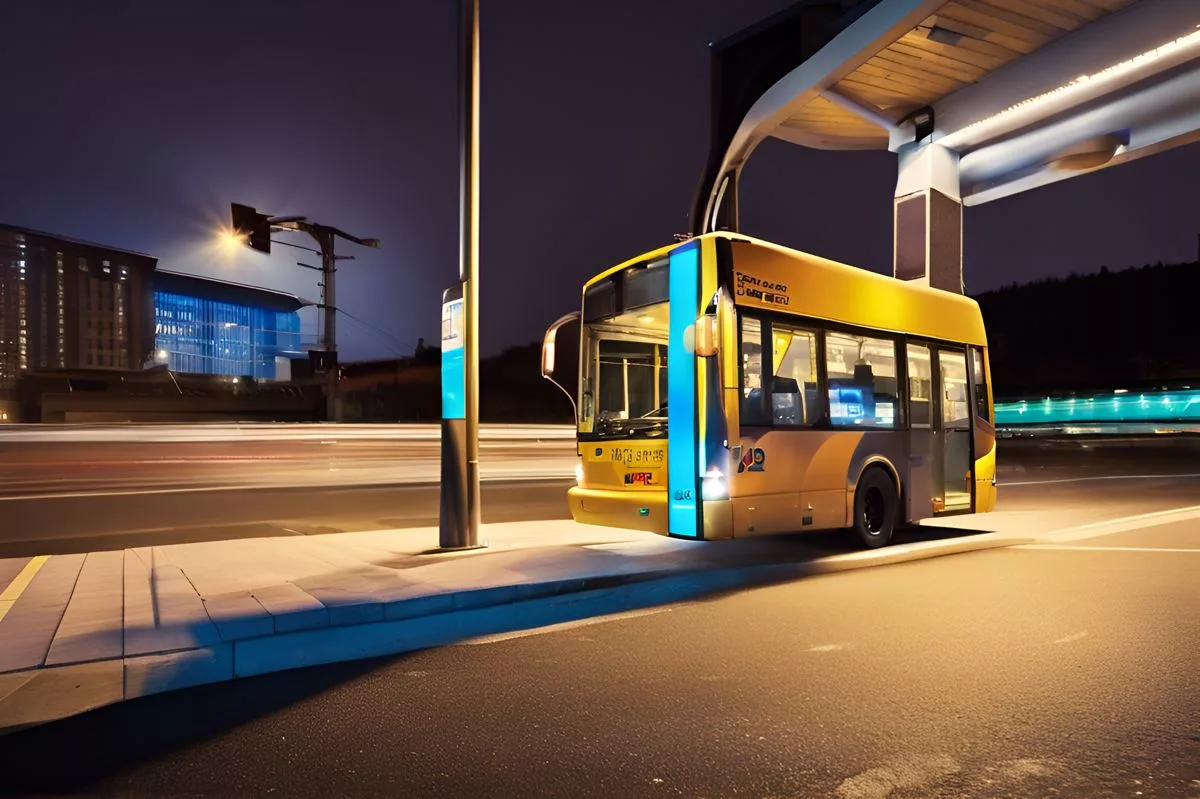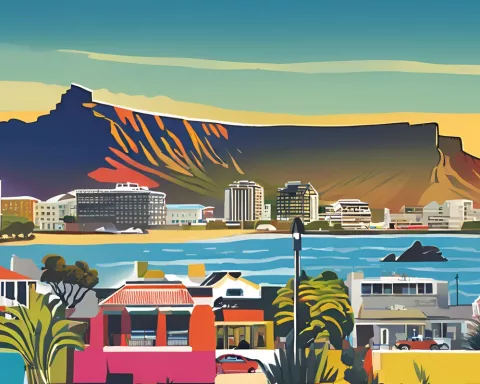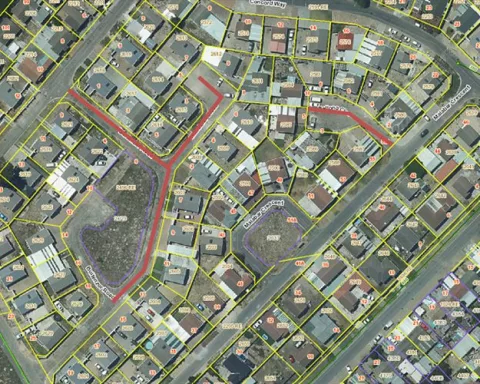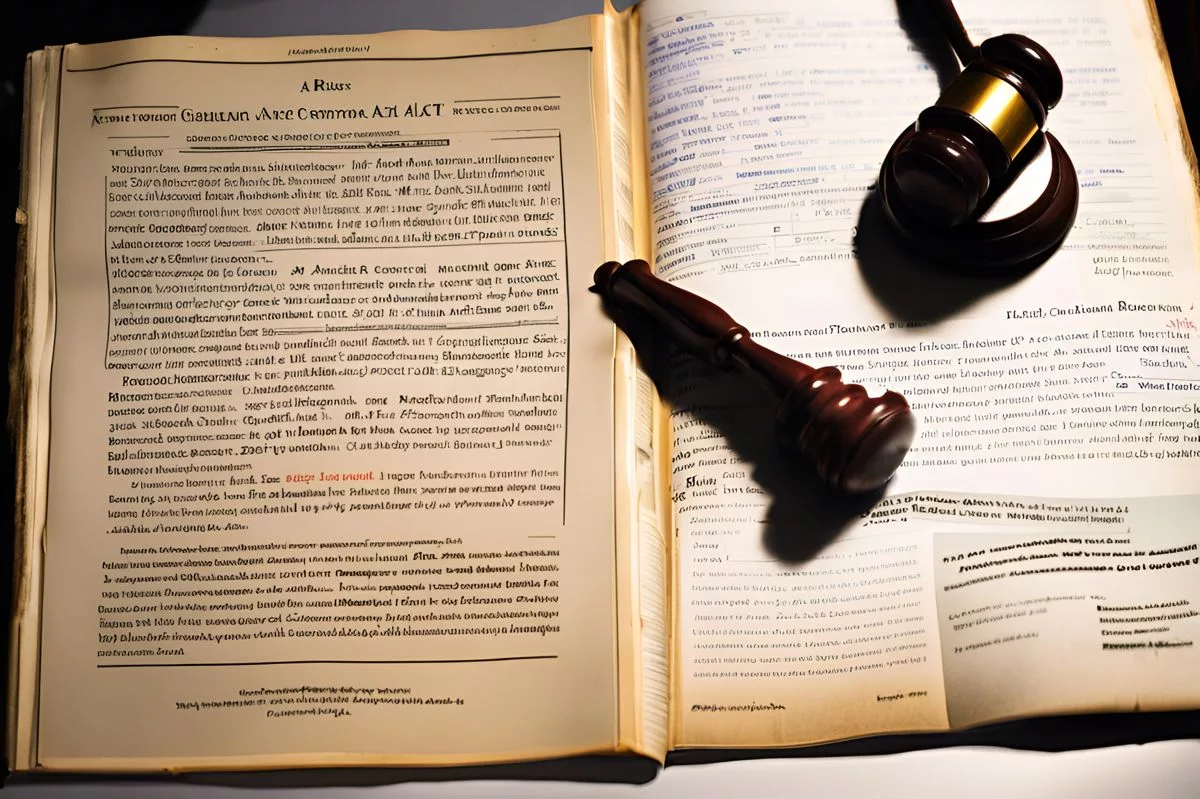The N2 Express bus service agreement in Cape Town is set to be extended until 2026, highlighting the city’s commitment to urban mobility. The Mayoral Committee proposed the two-year extension to ensure the service continues until the second phase of the MyCiTi bus service commences. The N2 Express service provides vital transportation for commuters from Mitchells Plain and Khayelitsha to the central business district, and the extension will further enhance the link between the metro-southeast and Wynberg and Claremont. The city is dedicated to retaining a practical, effective, and reachable transportation system, ensuring its citizens stay linked and mobile in their everyday lives.
The proposed extension of the N2 Express bus service agreement in Cape Town validates the city’s dedication to urban mobility. The Mayoral Committee’s two-year extension until June 30th, 2026, is aimed at preserving the service until the commencement of the second phase of the MyCiTi bus service, further enhancing the link between the metro-southeast and the thriving centers of Wynberg and Claremont. This prolongation emphasizes the significance of retaining a practical, effective, and reachable transportation system.
Convening for a Cause
The dawn of February 20th, 2024, witnessed the Mayoral Committee congregating for a significant discussion. The essential subject dominating the agenda was the fast-approaching termination of the N2 Express bus service’s operating accord. As the committee deliberated on the issue, they collectively proposed a two-year extension for the contract, thereby extending it till June 30th, 2026. This decisive move was spurred by the urgent need to sustain the N2 Express service linkage between Mitchells Plain, Khayelitsha, and the Civic Centre station.
This turning point decided upon by the Mayoral Committee is aimed at preserving the N2 Express service until the commencement of the second phase of the MyCiTi bus service. This broadening will further enhance the link between the metro-southeast and the thriving centers of Wynberg and Claremont. The suggested continuance by the Mayoral Committee stands as a validation of the city’s dedication to urban mobility. This proposal is expected to be presented for approval to the City’s Supply Chain Management Bid Adjudication Committee in March.
The N2 Express service, currently under the operation of the N2 Express Joint Venture company, acts as a vital conduit for thousands of commuters. With the present contract drawing to a close on June 30th, 2024, the proposed prolongation serves as a beacon of hope for these city-dwellers.
A Grateful Gesture
The City’s Mayoral Committee Member for Urban Mobility, Councillor Rob Quintas, extended his appreciation for the Committee’s proposal. He recognized the indispensable role the N2 Express plays in transporting commuters from Mitchells Plain and Khayelitsha to the central business district. With the steady decline of passenger rail over the past decade, the necessity for a dependable and affordable alternative is undeniable. Quintas further elaborated on the city’s objective to sustain the service while concurrently developing the framework for the Phase 2A implementation of the MyCiTi bus service. This would create a nexus connecting the metro-southeast with Wynberg and Claremont.
The N2 Express service, encompassing four unique routes, embodies the city’s commitment to interconnectedness. Two paths originating from Kuyasa extend to the East and West of Khayelitsha. The remaining two, beginning from Mitchells Plain Town Centre and Kapteinsklip in Mitchells Plain, span the N2 highway, connecting it to Cape Town CBD.
Ensuring Connectedness
The suggested prolongation of the N2 Express bus service agreement emphasizes the significance of retaining a practical, effective, and reachable transportation system. A proficiently managed transport network can profoundly influence a city’s economy, the lifestyle quality of its residents, and the overall cityscape. In its quest to offer a dependable and affordable transit alternative, the City reiterates its commitment to its residents, making sure they stay linked and mobile in their everyday lives.
As the city progresses and initiates the implementation of Phase 2A of the MyCiTi bus service, it promises to augment its commitment to urban mobility. By 2026, given that all goes as planned, some of the newly devised routes are expected to be functional, further ameliorating the commuting experience for the metro-southeast’s residents. The city of Cape Town is not just lengthening a bus service agreement; it’s strengthening the arteries that maintain the city’s heartbeat, ensuring a consistent and regular cadence of urban mobility for its residents.
Looking Ahead
With the proposed extension of the N2 Express service contract, the city is not just ensuring the continuity of a popular transport route. It is also making a statement about its commitment to improving the quality of life for its citizens by providing reliable and affordable transport. By doing this, the city is not just reacting to a situation, but strategically planning for the future.
As the city continues to grow and evolve, the extended contract will play a crucial role in facilitating this growth. It will provide the necessary infrastructure to support the increased demand for urban mobility, while also contributing to the overall development of the city.
In conclusion, the proposed extension is not just about keeping a bus route running. It’s about upholding the city’s commitment to urban mobility, enhancing the quality of life for its citizens and contributing to the city’s overall development. It is about keeping the city moving forward, both literally and metaphorically.
1. What is the N2 Express bus service agreement in Cape Town?
The N2 Express bus service agreement in Cape Town is a popular transportation route that connects commuters from Mitchells Plain and Khayelitsha to the central business district.
2. When is the N2 Express bus service agreement set to be extended until?
The N2 Express bus service agreement is set to be extended until June 30th, 2026.
3. Why is the Mayoral Committee proposing a two-year extension for the N2 Express bus service agreement?
The Mayoral Committee is proposing a two-year extension in order to ensure that the service continues until the second phase of the MyCiTi bus service commences.
4. What is the significance of the N2 Express bus service agreement extension?
The extension of the N2 Express bus service agreement emphasizes the significance of retaining a practical, effective, and reachable transportation system, ensuring that the city’s residents stay linked and mobile in their everyday lives.
5. How does the N2 Express bus service agreement contribute to urban mobility in Cape Town?
The N2 Express bus service agreement is a vital transportation link for thousands of commuters, contributing to the city’s commitment to interconnectedness and urban mobility.
6. What is the city’s long-term plan for urban mobility?
The city’s long-term plan for urban mobility includes not only the proposed extension of the N2 Express bus service agreement but also the implementation of Phase 2A of the MyCiTi bus service, which promises to ameliorate the commuting experience for the metro-southeast’s residents.












